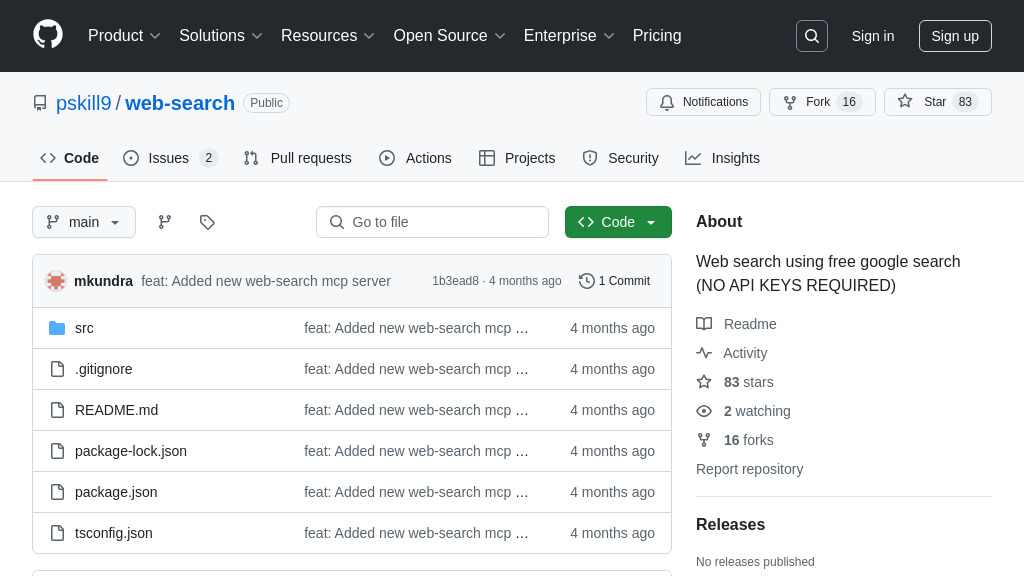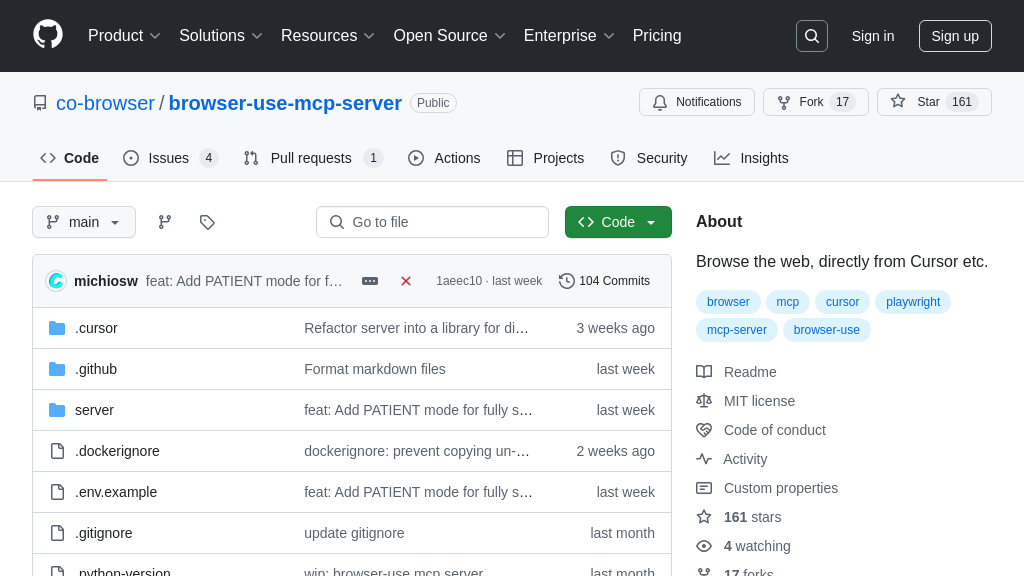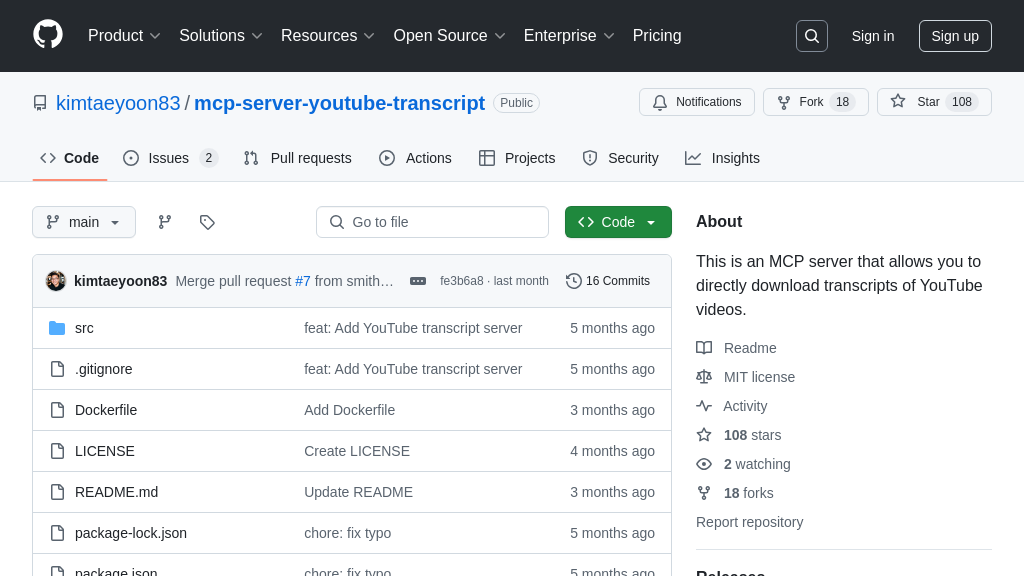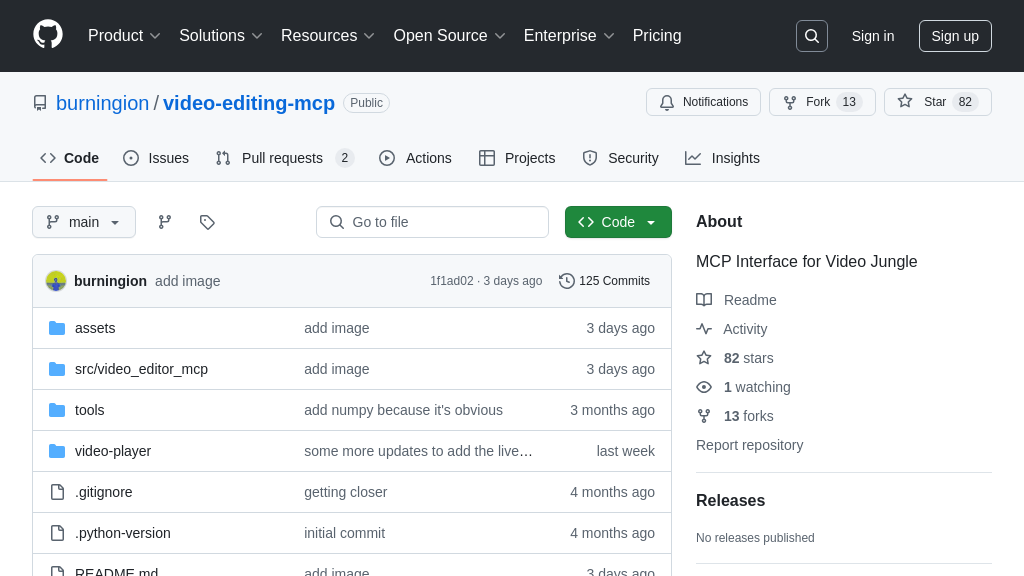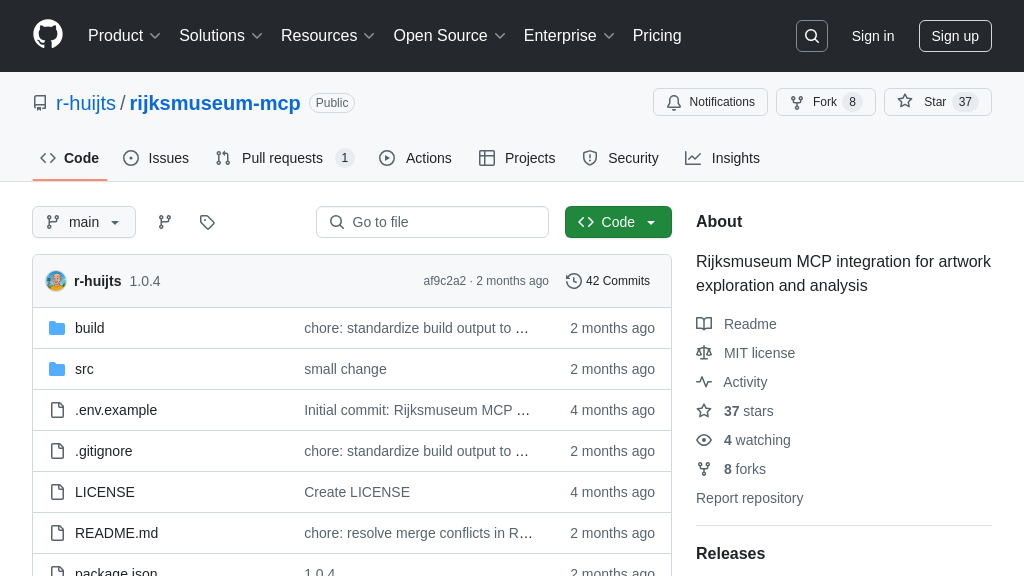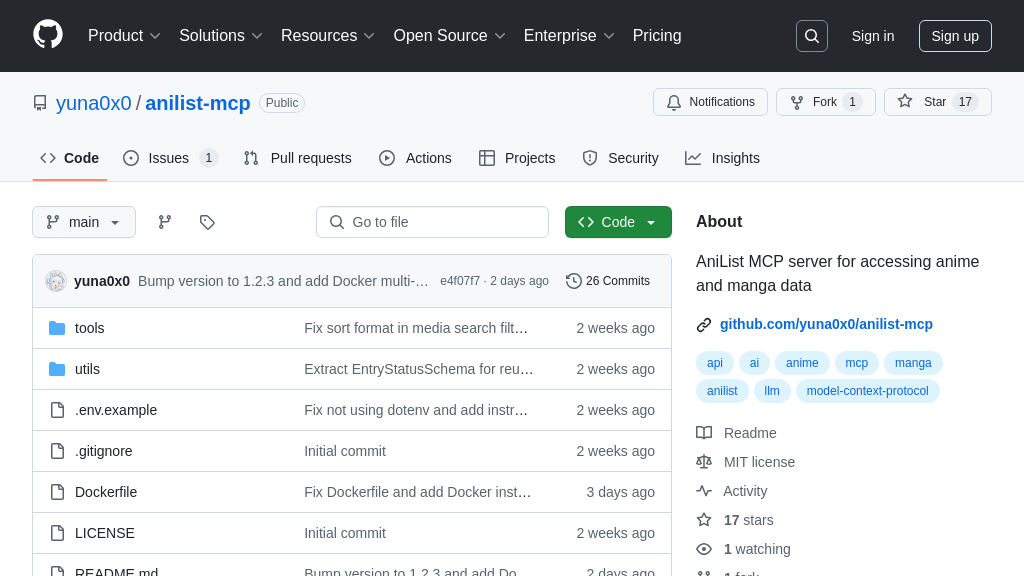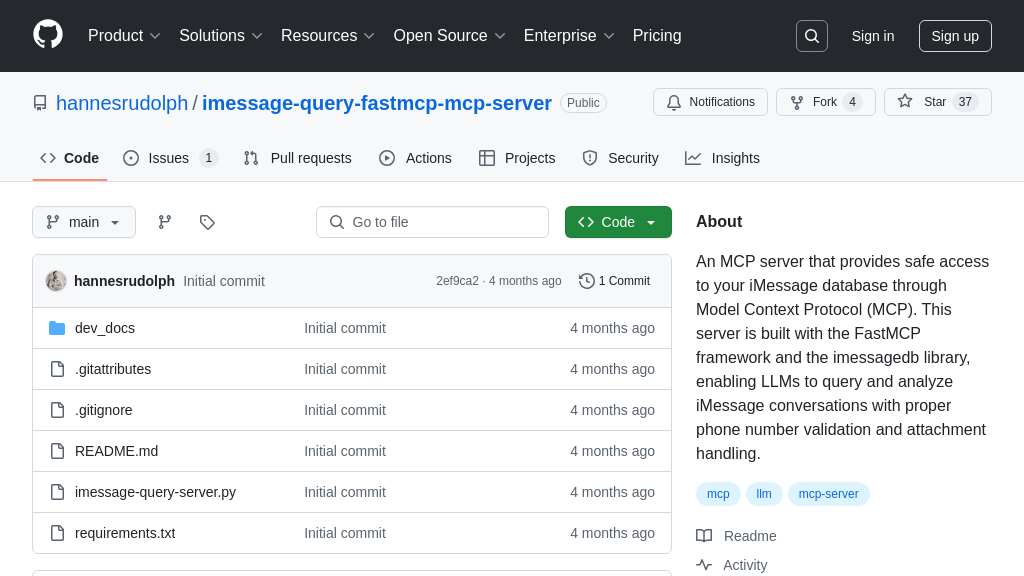mcp-server-tavily
Enhance AI models with real-time search using mcp-server-tavily, an MCP server leveraging the Tavily API.
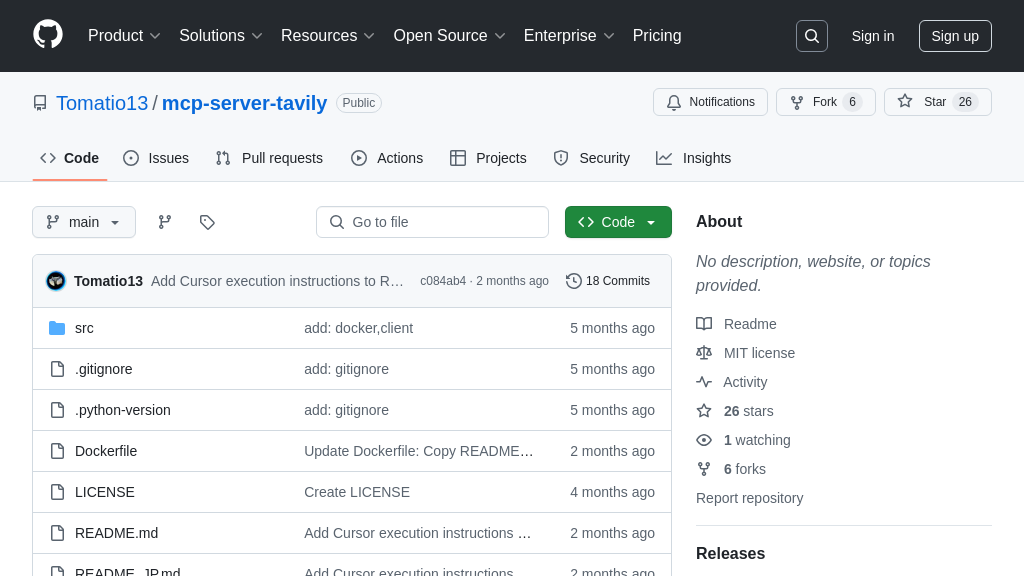
mcp-server-tavily Solution Overview
The mcp-server-tavily is a valuable MCP server that leverages the Tavily API to empower AI models with real-time web search capabilities. It allows models to access and process information from the internet based on user-defined queries. The server's core functionality revolves around the "search" tool, which accepts a query and an optional search depth parameter, returning search results that include AI-generated answers, relevant URIs, and page titles.
This solution addresses the developer need for AI models to have up-to-date information and context. By integrating mcp-server-tavily, developers can enable their AI models to answer questions, conduct research, and provide insights based on the latest web data. The server is implemented in Python and can be easily integrated into existing MCP ecosystems using standard installation methods like Smithery or manual configuration. Its ability to provide structured search results directly enhances the utility and accuracy of AI model outputs.
mcp-server-tavily Key Capabilities
Web Search via Tavily API
The mcp-server-tavily leverages the Tavily API to enable AI models to perform real-time web searches. When an AI model requires information beyond its training data, it can use this server to query the Tavily API with a specific search query. The server then retrieves and formats the search results, providing the AI model with up-to-date information from the web. This allows the AI model to answer questions, generate content, and perform tasks that require current awareness. For example, an AI model could use this server to find the latest stock prices, weather forecasts, or news headlines. The server supports both basic and advanced search depths, allowing the AI model to tailor the search to its specific needs.
Technically, the server translates the AI model's request into a Tavily API call, manages the API key authentication, and parses the JSON response from Tavily into a text format suitable for the AI model.
AI-Augmented Search Results
This server not only returns standard search results but also includes AI-generated summaries and answers derived from those results. This feature enhances the value of the search by providing the AI model with a concise and relevant overview of the information found. Instead of sifting through multiple search results, the AI model can quickly grasp the key insights provided by the AI-generated summary. This is particularly useful when dealing with complex or ambiguous queries, where the AI-generated answer can provide clarity and direction.
For instance, if an AI model is asked to "summarize the key points of the latest climate change report," the server would not only return links to relevant reports but also an AI-generated summary highlighting the main findings. The TextContent returned includes both the AI Answer and the Search Results, allowing the client to choose which to display.
Standardized MCP Tool Integration
mcp-server-tavily seamlessly integrates with the MCP ecosystem by adhering to the MCP standard for tool definition and invocation. It exposes a "search" tool with a well-defined input schema, including a required "query" argument and an optional "search_depth" argument. This standardization allows any MCP-compatible client, such as Claude Desktop or Cursor, to easily discover and utilize the search functionality provided by the server. The server handles the communication with the Tavily API, abstracting away the complexities of API authentication and data formatting.
This simplifies the process of integrating web search capabilities into AI models, as developers can rely on the standardized MCP interface without needing to write custom code for each specific search API. The server advertises its capabilities via the ListToolsRequest and executes searches based on the CallToolRequest messages defined in the MCP specification.

